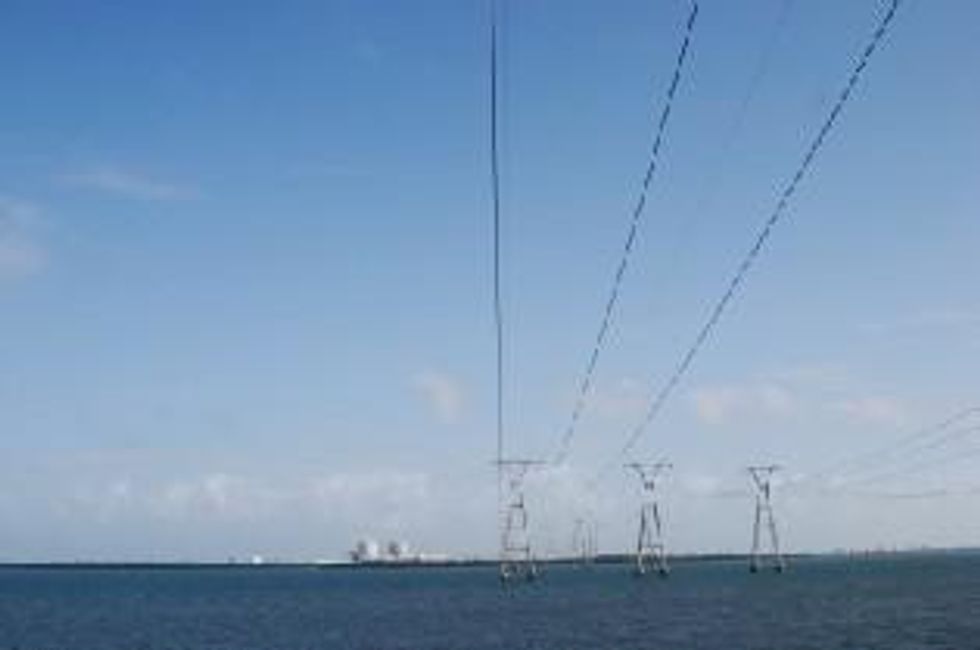The potential outlook for both the uranium mining and nuclear industries suggest a muted positive context by some analysts that could be worth noting for investors. In an exclusive interview with Uranium Investing News, Mikhail Safin, Equity Research Analyst at Renaissance Capital explained, “in the uranium mining industry currently we are observing the consequences of the accident in Fukushima.”
The potential outlook for the uranium mining and broader nuclear industry suggest a muted positive context for some analysts and industry observers that could be worth noting for investors.
Rob Chang, Metals and Mining Analyst of Versant Partners, commented on the global uranium market in a recent uranium sector coverage industry update. Revealing a bullish position on the nascent signs of future potential, “We view the current scenario as the point of maximum pessimism for nuclear and the uranium industry.”
In an exclusive interview with Uranium Investing News, Mikhail Safin, Equity Research Analyst at Renaissance Capital explained, “in the uranium mining industry currently we are observing the consequences of the accident in Fukushima. Uranium prices are continuing to decrease on the news of a shutdown of nuclear reactors in some countries and expectations that many countries will decrease their nuclear programs. Expectations of contraction of economic growth could increase these effects due to slower economic growth which will lead to less requirements in energy and consequently in uranium.”
Equity markets tepid
The World Uranium Index serving as an indicator for the top ten global producers of uranium has declined 35.5 percent since the start of the year and down 33.3 percent since March 11, posting a negative return of 12.0 percent over the past 12 months. The Global X Uranium ETF (NYSE:URA) indicates further weakness for the broader sector with additional exposure to some of the uranium exploration and development equities declining 47.3 percent since March 11.
Fundamentals largely unchanged
Outside of the pervasive global economic weakness there does not appear to be a foreseeable negative catalyst with a primary requirement for secure and reliable power and electricity contributing to a strong economic moat for the industry. Last year the fuel demands of 442 nuclear reactors in operation required 68.6 thousand tonnes of uranium which was met with the production of 53.6 thousand tonnes of uranium and the shortfall sourced from downblended uranium from Russian nuclear warheads as part of a relatively high cost program which is expected not to be renewed at the end of its 2013 term.
Debate in Japan and election discussion in France has brought some observers to question a potential nuclear retreat firmly into focus, with recent progress on the later country’s offshore wind plans fueling further speculation. Germany, Italy and Switzerland have made policy decisions which are not positive for the industry; however, these three countries combined represent a relatively small proportion of global demand for uranium totaling approximately 5.8 percent of annual requirements.
Spot market uranium prices demonstrating caution
According to TradeTech consultants, the spot market uranium price is $48.85 per pound, approaching the range it was trading at immediately following the mid March sudden decline when the spot uranium price plunged to $49.00 per pound. Immediately prior to the earthquake and tsunami, the spot market uranium price had been trading at a 12 month high of $67.75 per pound. The long term contract uranium price is relatively stable, and is currently $64.50 per pound, down from its price at the end of May around $68.00 per pound and the end of February at $73.00 per pound.
According to a recent Resource Capital Research report, the firm expects spot market prices of uranium to experience downward pressure in the near term. The report establishes a 3 to 6 month fund implied price, of approximately $45.85 per pound of uranium, reflecting the expectation of prospective additional sources entering the market in the second half of this year from producers. They also suggest a level of uncertainty over the potential surplus disposition from utilities operators in Japan and Germany.
Primary long term prospects intact
As a result of the earthquake and tsunami at Japan’s Fukushima Daiichi nuclear complex, China’s State Council said on March 16 that it would temporarily suspend approvals of new nuclear power stations pending comprehensive safety inspections at all nuclear plants, including those under construction. Last month, the China Nuclear Energy Association announced that it had already completed a nationwide safety inspection of nuclear plants on August 5th, one month ahead of its expected schedule. This has provided some speculation by observers and industry stakeholders that the Chinese are intending to resume nuclear plant approvals, which had previously been suspended.
Safin believes, “Fortunately, the main driver for the uranium market is the Chinese economy which will continue to increase strongly in the future. Currently China is constructing 26 nuclear reactors, 42 percent of global construction. Currently there is no real substitution for nuclear energy in the fast growing Chinese economy. Also we believe that Russia and India will continue to construct their reactors, 16 units in total. So, nuclear energy has a strong perspective in the long term, in our view, while in 2011 and early 2012 it is possible some (short term) weaknesses.”






